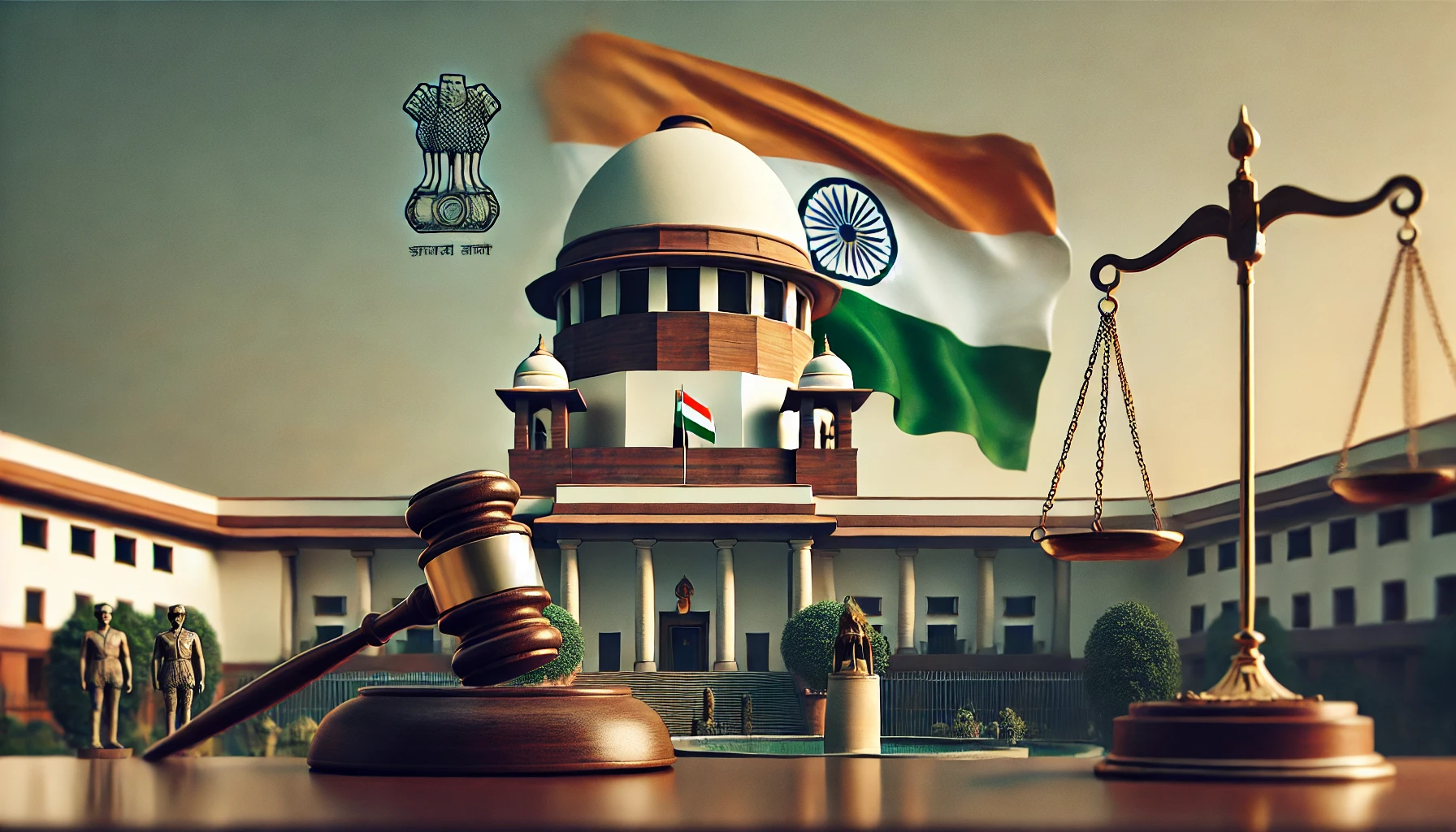Maneka Gandhi v. Union of India (1978) – Expanding the Meaning of Personal Liberty
Summary:
This case transformed the interpretation of Article 21, holding that personal liberty is not just physical freedom but includes a wide range of rights—and any procedure restricting it must be fair, just, and reasonable.
Background:
Maneka Gandhi, a journalist and the daughter-in-law of former Prime Minister Indira Gandhi, was issued a passport. Shortly after, the government ordered her to surrender it without giving any reason, under the Passport Act, 1967. When she asked for an explanation, it was denied “in public interest.”
Maneka Gandhi filed a writ petition under Article 32, claiming this action violated her Fundamental Rights.
Legal Issues Raised:
-
Can the government restrict a citizen’s right to travel without giving proper reasons or following due process?
-
What is the true scope of Article 21—the right to life and personal liberty?
-
Can laws under Article 21 be arbitrary, or must they follow fair procedure?
Key Observations by the Supreme Court:
-
Redefined Article 21: The Court declared that the term “procedure established by law” in Article 21 cannot be arbitrary. It must be just, fair, and reasonable, aligning with the principles of natural justice.
-
Link Between Fundamental Rights: The judgment emphasized that Articles 14 (Right to Equality), 19 (Freedoms), and 21 are not isolated. They are interlinked and must be read together.
-
Right to Travel Abroad: The right to travel is part of the personal liberty guaranteed under Article 21. Any restriction on it must meet strict constitutional standards.
-
Procedural Fairness is Mandatory: Simply having a law isn’t enough. The process it lays down must protect the individual’s dignity and fairness.
Impact of the Judgment:
-
Broadened the scope of Article 21, influencing countless future cases involving privacy, dignity, environment, and more.
-
Shifted Indian constitutional law closer to due process, as practiced in the United States.
-
Made arbitrary executive actions more challengeable in court.

